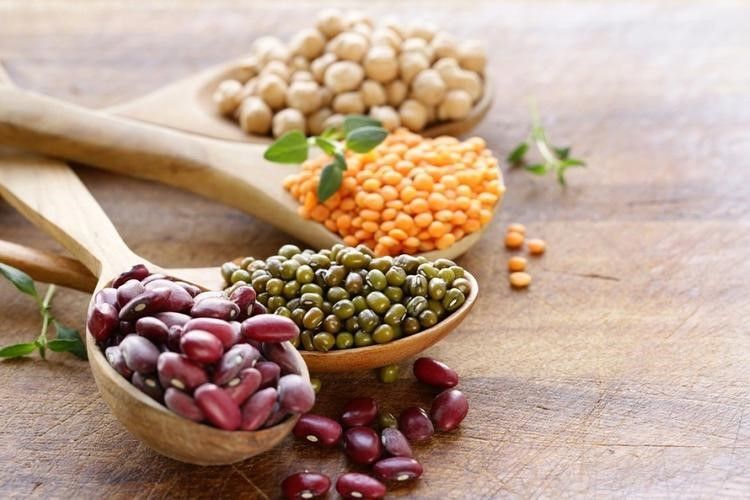India. Pulses start biting owing to high prices

Consumers trying to beat vegetable inflation by increasing the portion of pulses in their plate and the rise in international prices of pulses as exporting countries try to cash in on the fall in India’s pulses sowing has led to an increase of 2-3% in wholesale prices of pulses within a week.
The demand for the relatively cheaper pulses like masoor and moong has increased as vegetable inflation continues to stay firm with tomato prices remaining 233% more expensive in July over June. Exporting countries like Canada, Myanmar, Mozambique and others, which are closely monitoring the progress of kharif sowing in India, have increased the prices of pulses as the sowing of kharif pulses is lagging by over 9%.
Among all the pulses, the highest increase in prices was seen in urad, whose prices increased by Rs 3/kg or nearly 3% last week in Jalgaon, one of the main processing centres for urad in the country.
Prices of tur dal have increased by Rs 200-400/quintal last week for various qualities. In the Akola (Maharashtra) market and in Gulbarga (Karnataka), the price of tur dal shot up from Rs 136/kg to Rs 140/kg last week, while the price of tur imported from Mozambique increased by a substantial Rs 5.5/kg in a week in Mumbai.
According to trade data, all India urad sowing is down by close to 14%, while sowing of tur is down by about 8%.
Tur prices are supported by limited domestic stock, delay in sowing of the kharif crop and slow imports. While the urad dal prices have increased due to lower stocks, low sowing, and reduction in supplies from Myanmar, as the traders in that country are closely monitoring the situation in India and holding the stocks.
Although there is no possibility of any decline in prices of tur and urad, the only respite that the consumers can expect is some stability in the continuously upward moving prices.
Read also
Join with the EARLY RATE – 22 International Conference BLACK SEA GRAIN.EUROP...
Brazil sugar output decreased by 23% — Unica
Algeria imposes a complete ban on durum wheat imports in 2025
Weather in Brazil and Argentina remains favorable for the future harvest of soybea...
Ukrainian flour exports are 35% behind last year’s volumes
Write to us
Our manager will contact you soon



